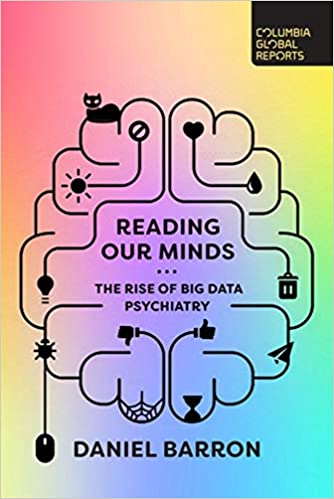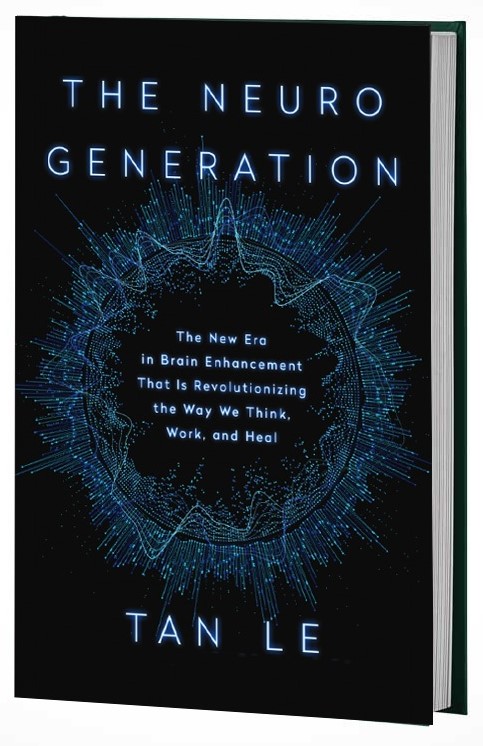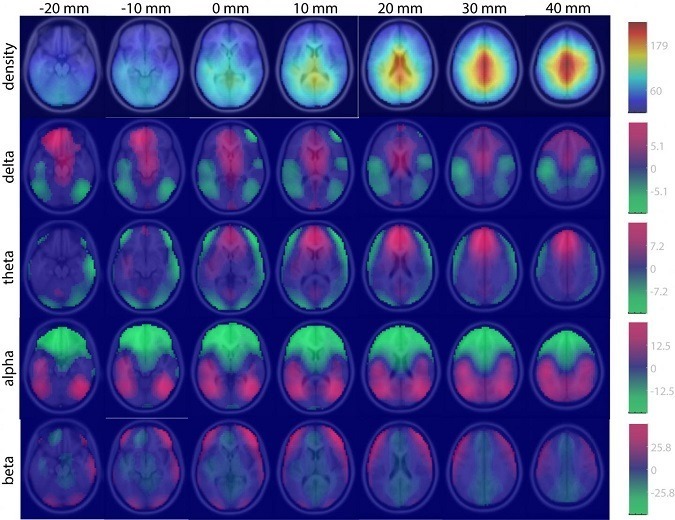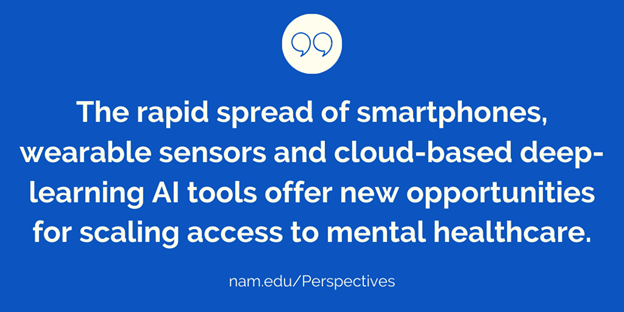Posts Tagged ‘big data’
Rationality doesn’t equal efficiency: Cellphone data shows how we navigate cities
Think of your morning walk to work, school or your favorite coffee shop. Are you taking the shortest possible route to your destination? According to big data research that my colleagues and I conducted, the answer is no: People’s brains are not wired for optimal navigation. Instead of calculating the shortest path, people try to…
Read MoreReading Our Minds: New book issues strong call to action to modernize psychiatry
The Rise of Big Data Psychiatry (The Wall Street Journal): As a physician, I need to figure out three things when a new patient walks into my office: what their life is typically like, what has changed that made them seek treatment and what I can do to help them. It’s a complex problem, and…
Read MoreWhat’s normal? When it comes to the brain, it’s hard to say, and that’s why we need to study global neurodiversity
In a small village in India—a place so remote it has no electricity, no telecommunication system, and no cars or buses—a research worker prepares to place an EEG headset on a female villager’s head. The woman, who earns $3.75 a day laboring in a nearby rice paddy and who has never ventured outside her village, eyes…
Read MoreU.S. Army develops novel way to analyze brain imaging data and shape emerging non-invasive neurotechnology
Army develops big data approach to neuroscience (press release): “A big data approach to neuroscience promises to significantly improve our understanding of the relationship between brain activity and performance. To date, there have been relatively few attempts to use a big-data approach within the emerging field of neurotechnology.
Read MoreThe National Academy of Medicine (NAM) shares discussion paper to help empower 8 billion minds via the ethical adoption of digital mental health and neurotech
Our newest #NAMPerspectives paper outlines the eight key actions needed to scale the use of mental health technology in supporting mental health care professionals worldwide. Read about this proposed path forward: https://t.co/vnKAQzrSaS pic.twitter.com/JRd8fKQP80 — National Academy of Medicine (@theNAMedicine) October 28, 2019 Technology has much to offer in terms of providing and improving access to better…
Read MoreTop Brainnovations harnessing Big Data: WEKIT, Sapien Labs, MyndYou
? Top Brainnovation harnessing Big Data (full recording requires registration; view slidedeck above or Here). The three Finalists were: WEKIT — Wearable Experience for Knowledge Intensive Training – pitch by Paul Lefrere, Innovation Lead Sapien Labs (WINNER) – pitch by Tara Thiagarajan, Founder & Chief Scientist MyndYou – pitch by Shira Yama Nir, Project Manager Judged by: Bill Tucker, Senior Advisor to the K12 Education Program at the Bill & Melinda Gates Foundation; Eduardo Briceño, CEO and Co-founder…
Read More




